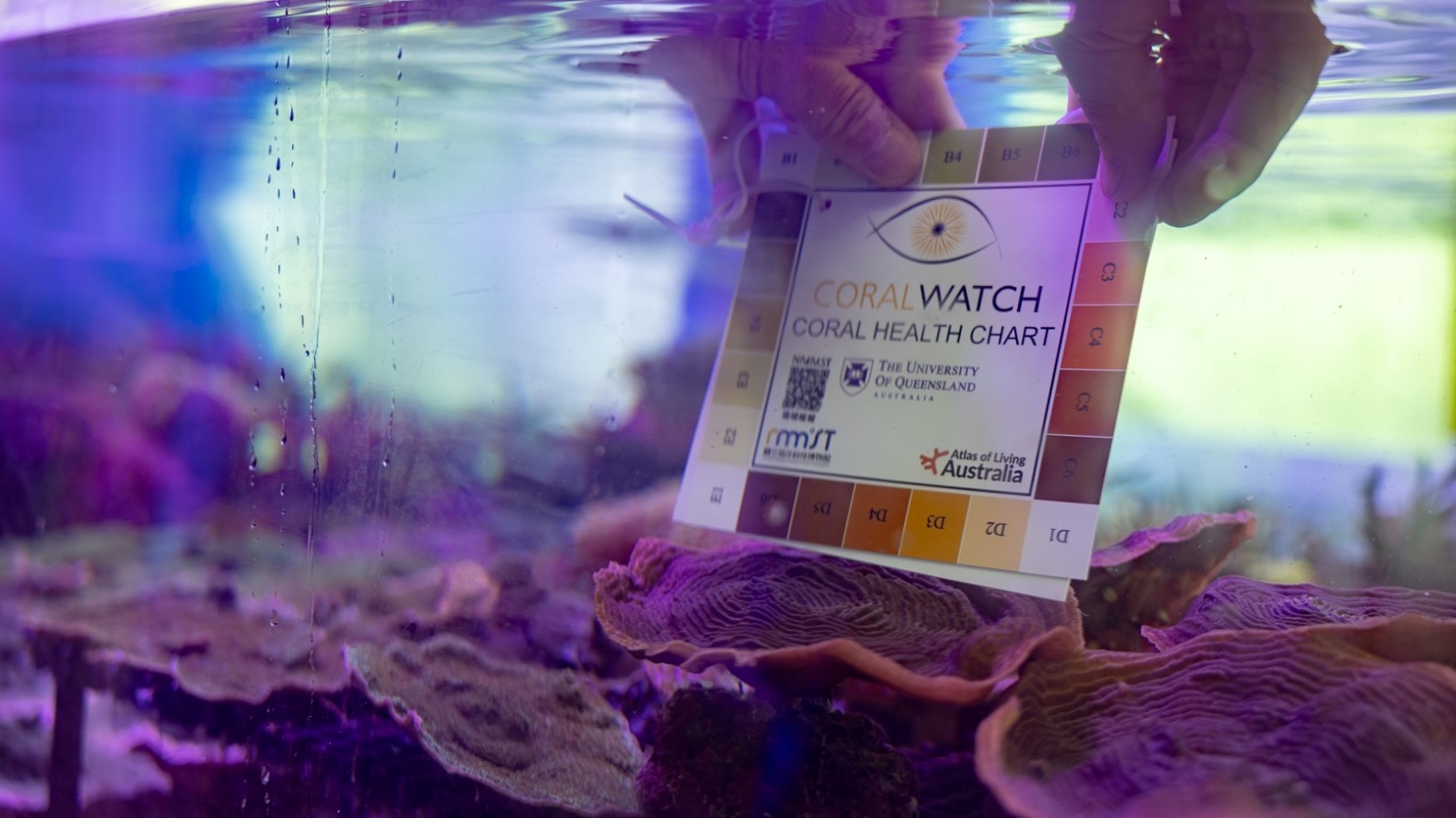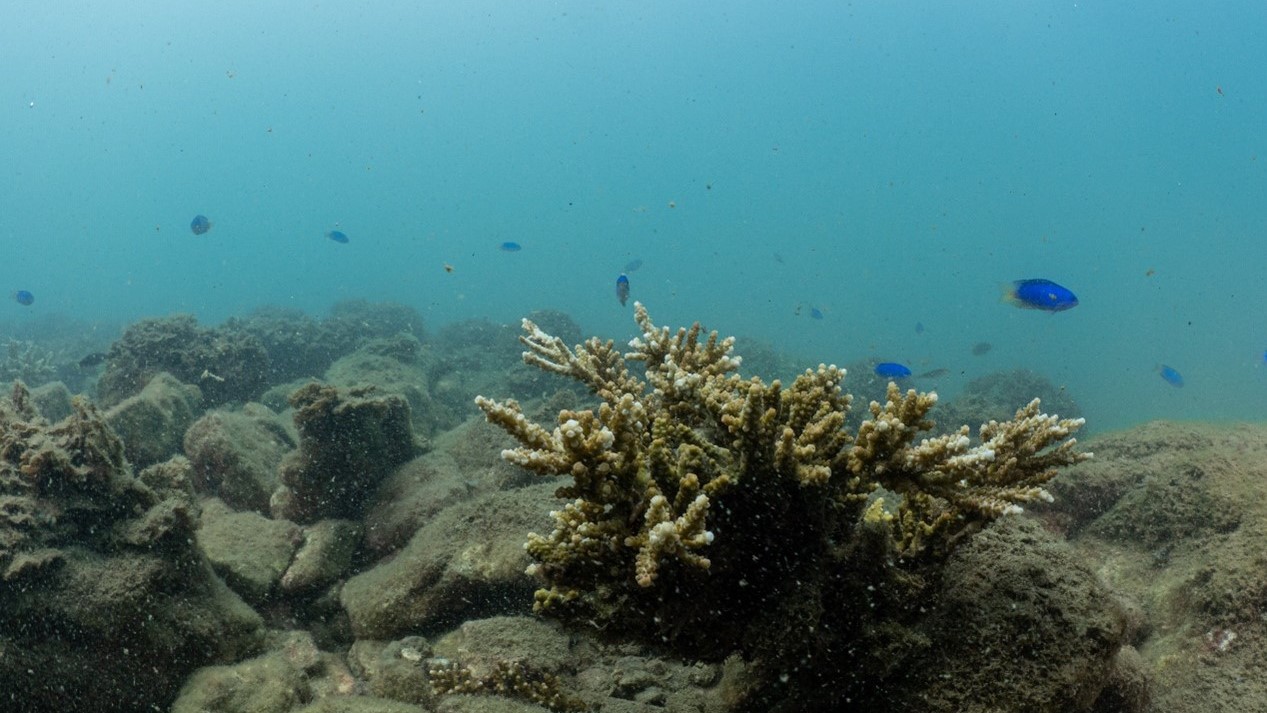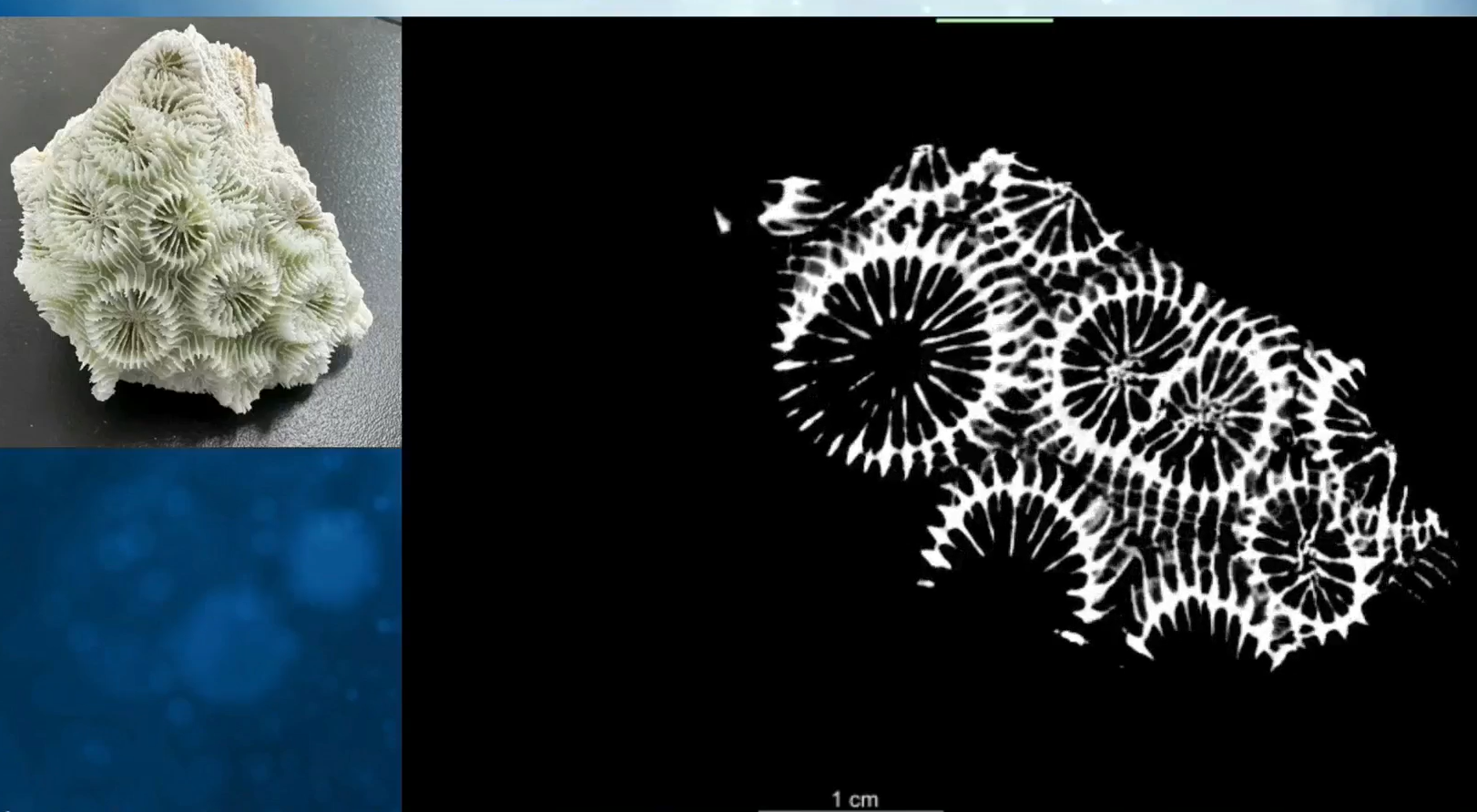Duration:2023 until now Updated:2024/06/21
This research focuses on surveying and cultivating heat-tolerant corals from the northeast coast using indoor coral farming. The primary objective is to assess their heat resilience and identify species suitable for coral restoration. By enhancing the heat resilience of coral habitats, we aim to boost coral recovery following bleaching events, thereby contributing to vital coral ecosystem preservation.
Our work will be conducted at Chaojing Bay Resource Conservation Area and the permanent site of Delta's Coral Restoration Base. The research team will collect wild corals for indoor nurturing to study their reproductive cycles. The team will then cultivate the offspring to a suitable size and transplant them to field-based coral nurseries. Monthly records will be maintained to track the growth of the restored corals, providing data to analyze the speed of coral restoration based on water temperature fluctuations and seawater pH levels and developing effective restoration strategies.

To support the coral restoration project, we have recruited corporate employees of Delta Electronics with diver certification since 2020.

Effective coral restoration relies on the increase of algae-eating fishes, which play a vital role in maintaining the health of coral communities.

Building on the preliminary coral research on Delta's Micro CT technology, our goal is to partner with a molecular biology lab to jointly develop application software for calculating coral's bone mineral density.